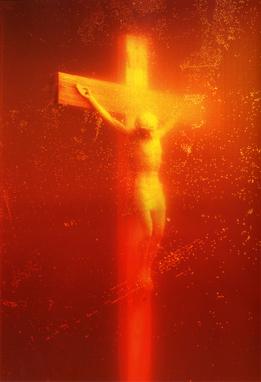- Thread starter
- #21
Finchbearer
 Istar
Istar
I think she was responding to mainstream publishing and the influence that mainstream media has over it. How successful is an obscurely published book going to be? You are suggesting that it’s ’easy’ to get published via traditional means and to write with complete freedom - I am not too sure that is true.
Self publishing, if we’re talking about sticking something on Amazon, does not require anything more that pressing publish. It’s not that that method can’t be valid, but I am not sure it can be comparable to what she talks about.
It’s her opinion too, she is not saying ‘thou shalt’ and making absolutes as others have suggested. She is an advocate for creative freedom. To think that so many basically oppose that idea on here is kind of strange to me…but also quite predictable.
Self publishing, if we’re talking about sticking something on Amazon, does not require anything more that pressing publish. It’s not that that method can’t be valid, but I am not sure it can be comparable to what she talks about.
It’s her opinion too, she is not saying ‘thou shalt’ and making absolutes as others have suggested. She is an advocate for creative freedom. To think that so many basically oppose that idea on here is kind of strange to me…but also quite predictable.


 Inkling
Inkling
 Myth Weaver
Myth Weaver Minstrel
Minstrel